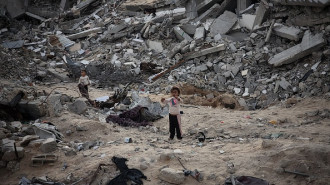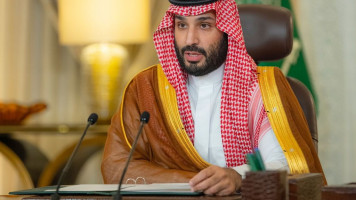Saudi normalisation of Israel could lead to deal with Lebanon, believes Katz
Lebanon could normalise ties with enemy state Israel if Tel Aviv reaches a deal with Saudi Arabia first, Israel’s top diplomat has suggested.
Foreign Minister Israel Katz made his comments during a meeting with his Italian counterpart, Antonio Tiani.
"Lebanon could become part of the circle of normalsation with Israel if normalisation with the Kingdom of Saudi Arabia is achieved," said Katz, but it was not clear how he thought this could happen.
Lebanon does not recognise Israel and was still technically at war with its southern neighbour before the current conflict.
Washington had been mediating talks between Tel Aviv and Riyadh. In return for normalising ties with Israel, the US would have agreed to a security pact with Saudi Arabia.
But the talks have been on hold since the start of the Gaza war last year, and the kingdom has refused to establish ties with Israel if Palestinians are not granted their own state – something Israel’s far-right government has refused.
Tiani told Katz that "Italy will not recognise the Palestinian state without an agreement with Israel," adding that "recognition of the Palestinian state at the present time has no meaning given that Hamas is considered a terrorist organisation and does not communicate with it."
Spain, Ireland, Norway and Slovenia recognised Palestine earlier this year.
UNIFIL’s role 'the day after'
Katz also told the Italian foreign minister that Israel wanted to see the UN peacekeeping force in south Lebanon part of any future deal.
Katz stressed "the need for this force to be more effective in its work against Hezbollah."
The Iranian-backed Hezbollah group and the Israeli military have been fighting for over a year now after Israel began its war on Gaza.
But the cross-border hostilities spiralled into a full-blown war last month when Israel began an intense bombardment in Lebanon, killing over 1,500 people so far, among them hundreds of civilians.
Israel has also attacked UNIFIL’s peacekeepers and installations in southern Lebanon – attacks slammed by Italy and France, both of which have members in the force.
"We discussed the necessary changes to UNIFIL's mandate to make it more effective in confronting Hezbollah. I emphasised that UNIFIL must adapt to be part of the solution in Lebanon’s future," Katz wrote on X after his meeting with Tiani.
A proposed ceasefire agreement would make amendments to UN Resolution 1701 and would give UNIFIL more powers in its areas of operation, something the Lebanese state says will severely undermine the country’s sovereignty.

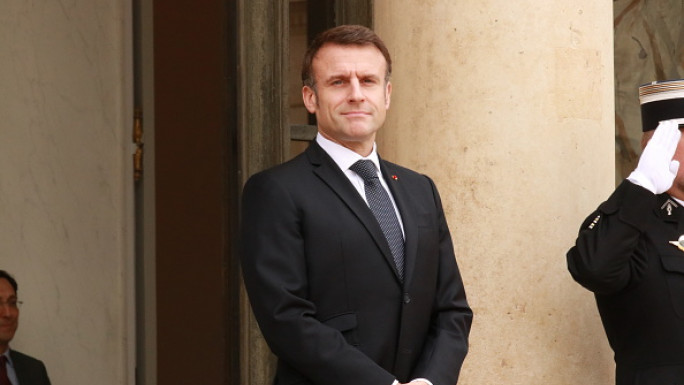
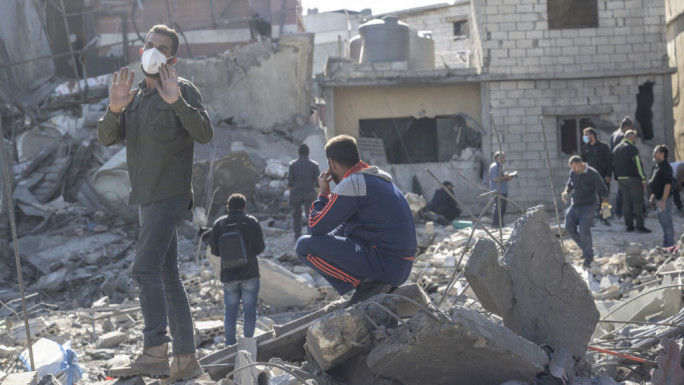
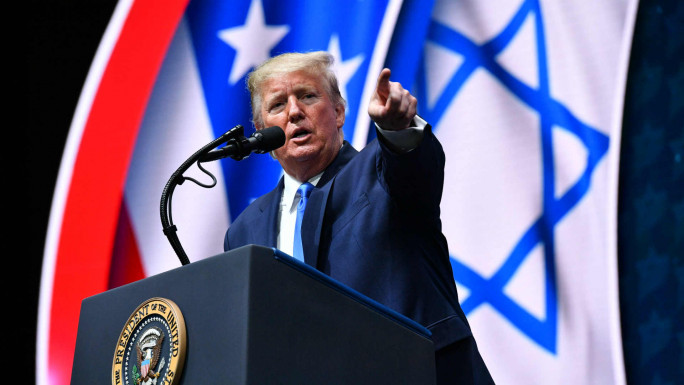
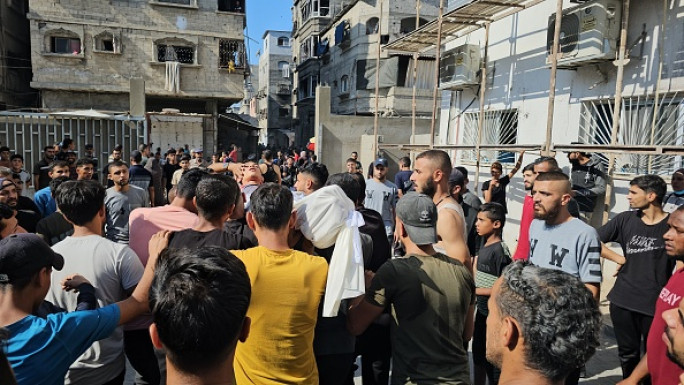
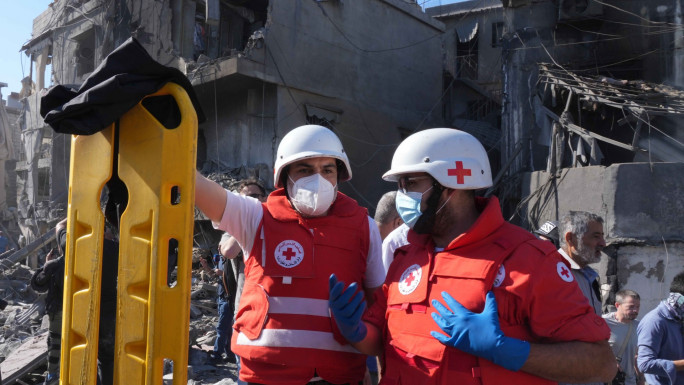
 Follow the Middle East's top stories in English at The New Arab on Google News
Follow the Middle East's top stories in English at The New Arab on Google News
